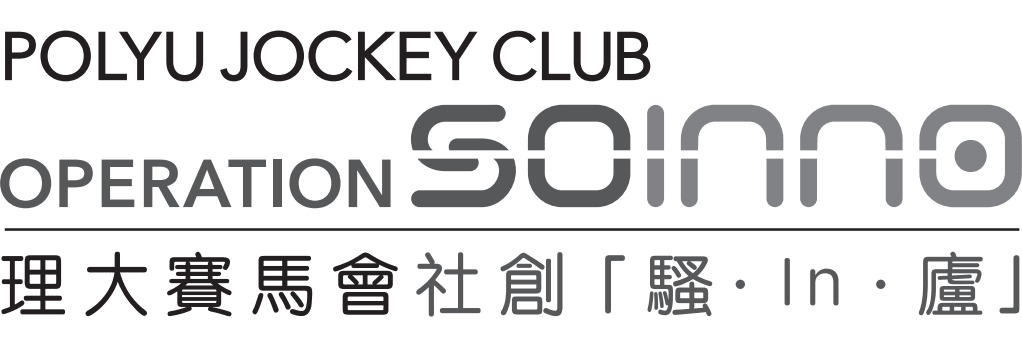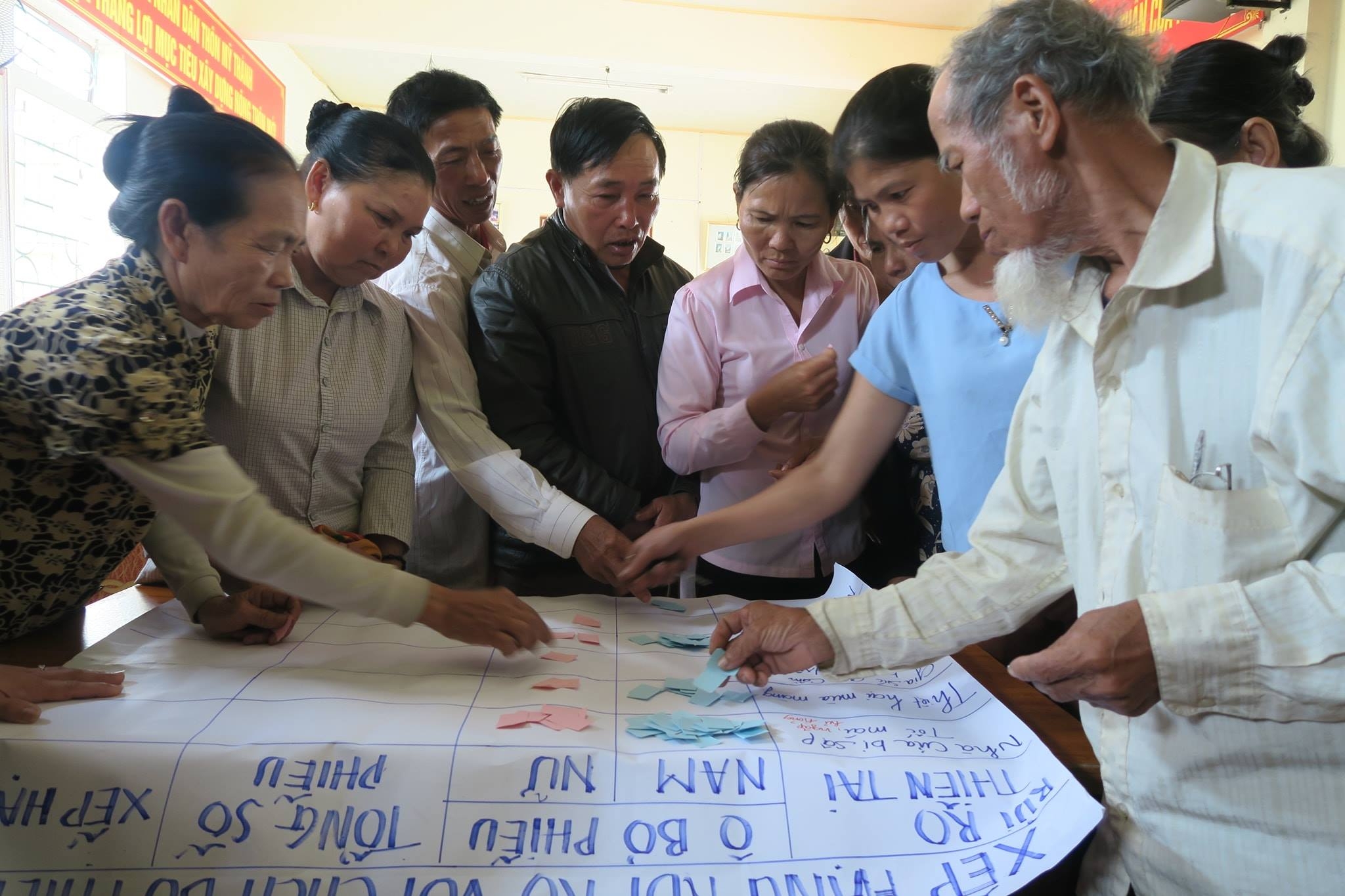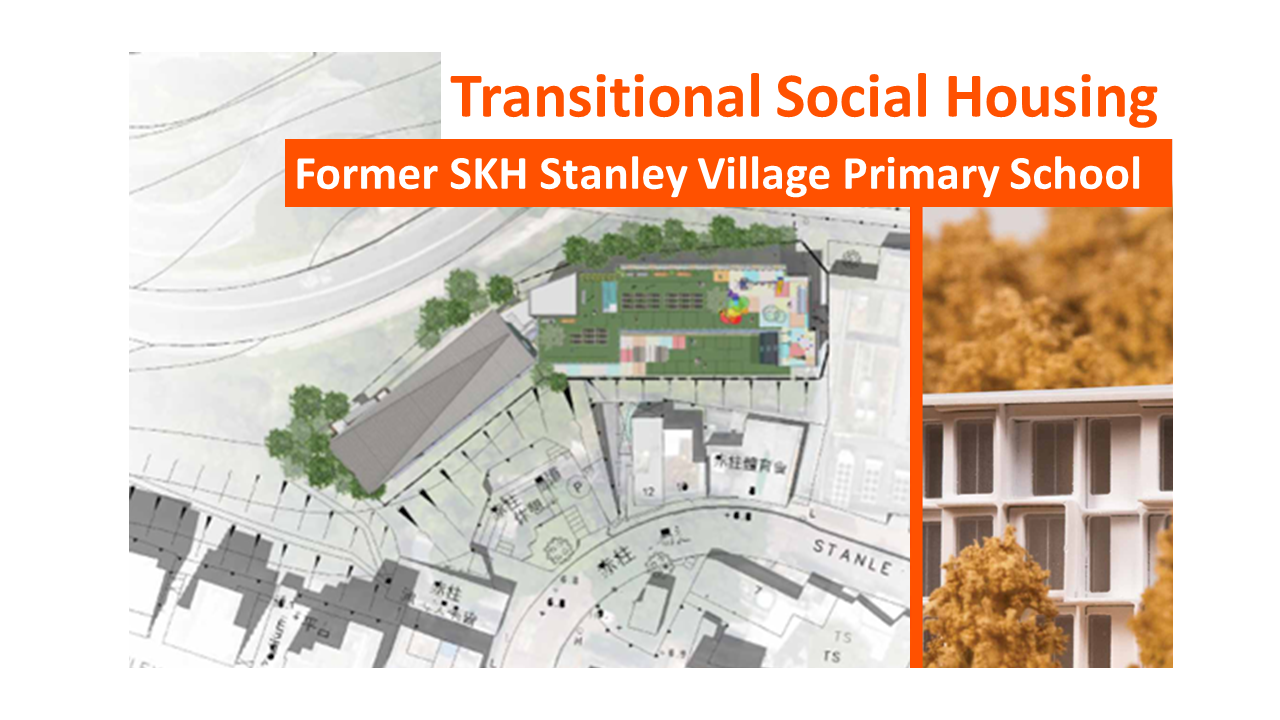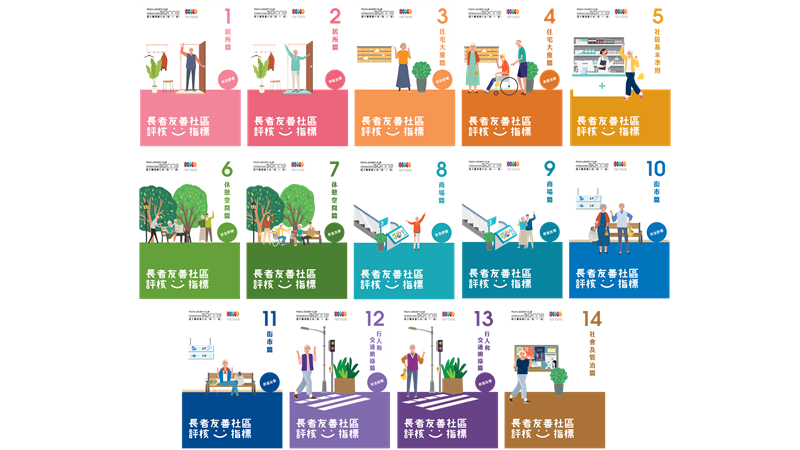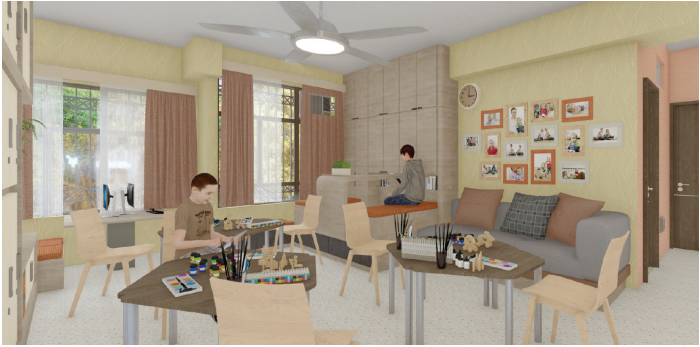Overview
As the population ages, the number of individuals with dementia is expected to grow gradually. Raising public awareness of cognitive disorders and learning coping methods can help build an inclusive community that responds to the needs of patients. As frontline workers in the community, property management personnel frequently interact with elderly residents. If we can engage with property management staff and promote a culture of care within the industry, enabling them to support older adults’ community life, it would greatly benefit individuals with dementia.
Given the above, the Jockey Club Design Institute for Social Innovation (J.C.DISI) initiated a training programme for property management practitioners in various roles. The objective of the programme was to enhance the participants’ understanding of dementia, enabling them to grasp the principles, attitudes, and techniques for communicating with patients and subsequently equipping them with the capabilities to help elderly residents in need. This would, in turn, lead to an improvement in the professionalism of their service.
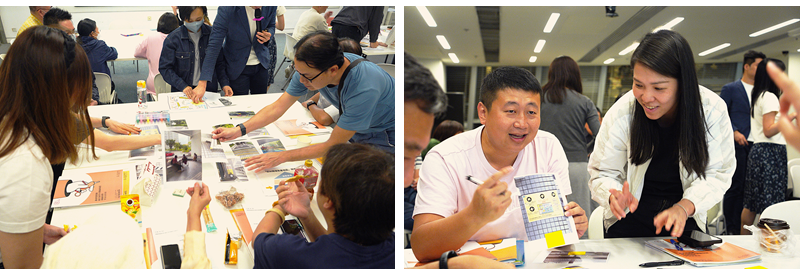

Outcomes
During March and May 2023, J.C.DISI collaborated with the Hong Kong Institute of Certified Property Managers (HKICPM), completing a 24-hour course comprising nine modules. This initiative aims to address the current lack of training that combines knowledge of dementia and property management. Although the HKICPM has always promoted continuous education programs to encourage members to pursue further education to enhance service quality actively, there has been little focus on teaching about dementia. Upon its launch, the course was met with considerable recognition from the industry and was subsequently endorsed as a core subject of the HKICPM’s Continuous Development Programme. As the proportion of the community’s ageing population increases, the property management industry increasingly demands training to address the issue, and this collaboration is fittingly meeting such requirements. HKICPM members responded positively to the course, with the number of registrants reaching three times the number of available seats. Ultimately, 54 participants were accepted, coming from 34 property management companies and serving 37 different types of estates across Hong Kong. According to the survey results from the participants, over 90% gave positive feedback on the following four key aspects of the course and their overall satisfaction with the course.
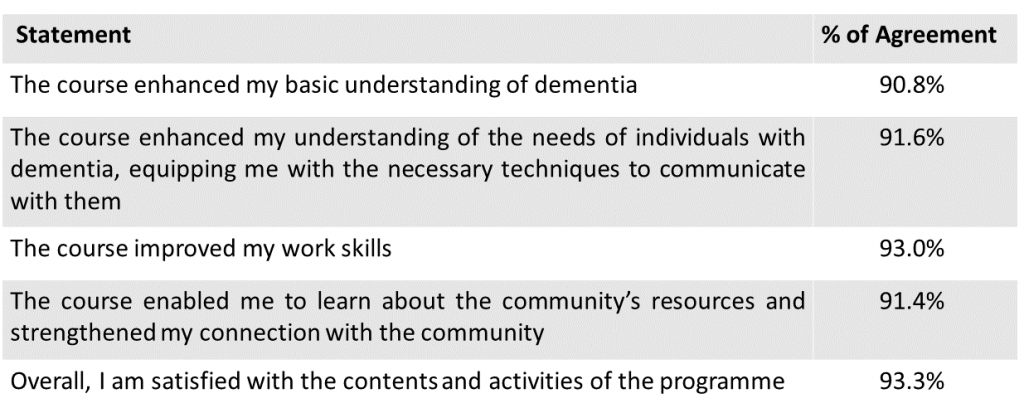
Inspiration
This course originated from the PolyU Jockey Club “Operation SOINNO” Season 15 Social Innovation Symposium and its co-creation workshops, themed “Shaping Dementia Care Culture”. It recruited a group of public individuals from various backgrounds and professions concerned about the well-being of people with dementia to become “social designers” and participate in the co-creation process. They contemplated the question of “When we become demented…”, which sparked a series of reflections:
- How could your voice be heard?
- Are you still able or willing to contribute to the community?
- How should people in the community care for you when they meet you on different occasions?
- How can we create a culture of caring for people with dementia in the community?
The co-creation team examined the daily lives of individuals diagnosed with dementia. Their findings revealed that these individuals were mostly constrained to the vicinity of where they lived due to declining physical functioning. The quality of living experienced by dementia patients, therefore, is dependent on the security guards responsible for the estate’s day-to-day operation, club managers taking care of recreational facilities, and property management officers who plan and monitor the estate’s policies. On the other hand, the industry is keen to ensure that its practitioners receive appropriate training to address the challenges posed by the estates’ ageing population. They hope that doing so could help establish a good corporate image.

J.C.DISI believes that organizing training courses can meet the needs of both parties. To ensure the practicality of the training content, J.C.DISI conducted detailed data collection during the course preparation phase, conducted on-site inspections of residential environments, and interviewed property management practitioners of different ranks and positions to gather their stories and experiences. For example, a property management officer mentioned that an elderly resident once walked into the management office and seriously inquired about banking matters. After some communication, it was discovered that the resident had cognitive impairment and had mistaken the management office for a bank. Interviewees indicated that enhancing property management practitioners’ understanding of the needs of patients can help them treat patients with empathy in their work and learn to respond appropriately with patience.

Ideation
Besides the property management industry, J.C.DISI considered using the transportation and retail industries as entry points and hoped to collaborate with relevant companies. However, during the initial negotiation phase, it was found that there was limited room for cooperation with these companies. In contrast, the property management industry showed stronger motivation to participate. After referencing the concept of the “15-minute city”(note [1]), J.C.DISI believes that promoting a dementia-friendly estate management culture in the property management industry can effectively assist patients in their daily outings, leisure activities, and social networks.
Through interviews, J.C.DISI observed that many property management practitioners encountered challenges in communication and lacked the knowledge to aid individuals with dementia. This reflects a lack of understanding of the behavioural characteristics and emotional needs of dementia patients among property managers, and the industry also lacks standard operating procedures (SOPs) for dealing with patients, leaving practitioners at a loss. In view of this, the course design focuses on “communication” as the main training direction. The 9-unit course progressively shares principles, attitudes, and techniques for interacting with patients, as well as how to mediate interpersonal conflicts and misunderstandings arising from patients’ emotional and behavioural issues. Additionally, to enhance the continuity and impact of learning, the course includes dementia-friendly estate management as a theme, targeting property management managers and corporate training officers to instil a sense of care and integrate friendly measures into industry practices and, for example, promoting the establishment of SOPs to ensure consistency in frontline staff execution and considering the special needs of dementia patients when organizing community activities to increase their willingness to participate.
Implementation
In designing the course, J.C.DISI referred to “Adult Learning Theory” and divided it into three phases—”Basic,” “Professional Practice,” and “Management Skills”—based on the nature of the participants’ work and learning abilities, comprising nine units in total.
Phase 1: The 6-hour Basic course, involves 3 units introducing the basic concepts of dementia, simple communication methods, and community resources to support patients.
Phase 2: The 12-hour Professional Practice course, consists of 4 units focusing on practical work skills for addressing patients’ emotional and behavioural issues, such as wandering and interpersonal conflicts.
Phase 3: The 6-hour Management Skills course involves 2 units on establishing dementia-friendly estate management.
Participants in the Basic course are mostly frontline workers, such as security guards and property management assistants, while participants in the Professional Practice and Management Skills courses are mostly estate managers and officers. All participants completed at least one course phase, with half (27 people) completing all three phases. Participants demonstrated proactive and serious learning attitudes, with an attendance rate of 90%. They reported that the course effectively enhanced their understanding of dementia and the needs of patients, and improved their confidence and ability to handle unexpected cases.

(only Chinese available)
